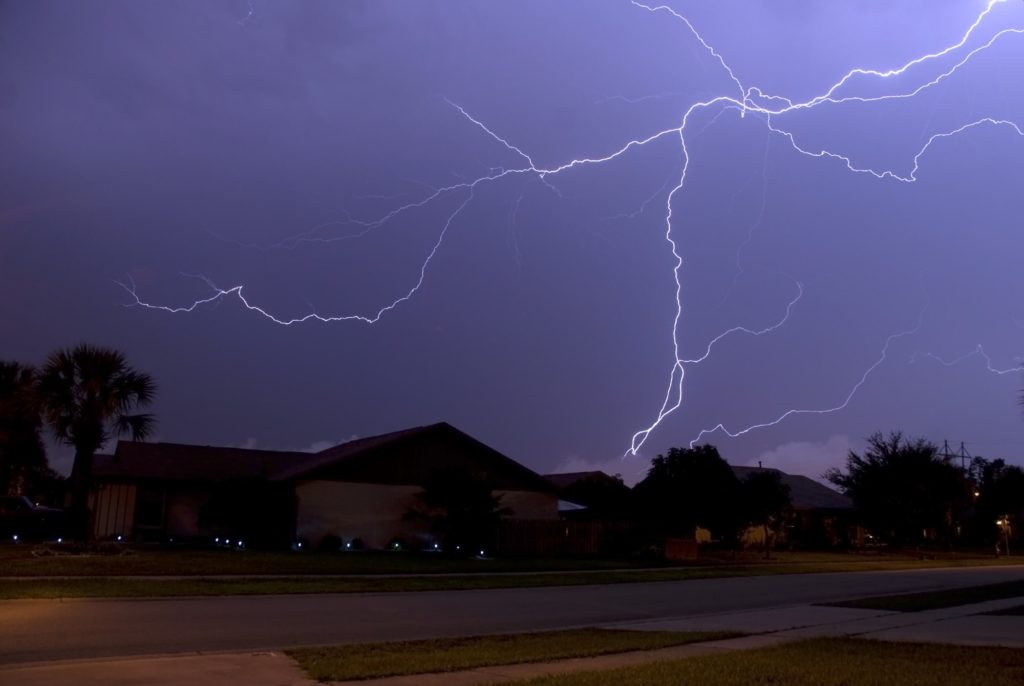We all rely on electricity in our business and daily lives. According to The US Energy Information Administration, commercial and industrial power usage accounts for just over 61% of the nation’s entire power grid. However, it’s not unusual to find yourself unexpectedly without power during natural disasters and severe weather. If you’re at home during a power outage, here are the top tips you need to know to keep your family safe.
Protect Yourself From the Weather
When there’s a power outage, you can no longer rely on creature comforts, such as air conditioning and heating, to keep comfortable. If the temperatures are too high, then you must take steps to keep yourself and your family cool. You can do this by drinking plenty of fluids and minimizing exposure to the sun. Otherwise, extreme heat puts you at risk of heatstroke and heat exhaustion. Similarly, extreme cold can lead to hypothermia. So if the weather is cold, you should wear multiple layers of clothes and stay close together to trap body heat. You should not use items like grills to keep warm indoors to avoid carbon monoxide poisoning.
Stay Away From Power Lines and Electrical Hazards
During a power outage, you may be at risk of electrical shock from different electrical sources around your home. If you suspect that there’s something wrong with your electrical system, it’s important to contact a qualified electrician immediately. If you’re not sure what to do before the electrician gets there, ask for their professional advice. If you’re venturing outdoors, make sure to stay away from downed power lines.
Get Rid of Contaminated Food
Food and water safety is a top priority during a power outage. If the power has been gone for too long, the perishables in your fridge or freezer might no longer be safe to eat. So, you must quickly identify spoiled food and get rid of it. Sometimes, water purification systems might stop working during natural disasters. In that case, you should only use bottled water or water that’s been boiled or treated with a suitable disinfectant for cooking and drinking. You should also check with your local authorities to confirm that the water is safe for drinking.
When the power goes out, you can rely on these tips to keep you safe. You can also rely on your electrician to sort out any issues and get electricity back into your home. Stay safe!


